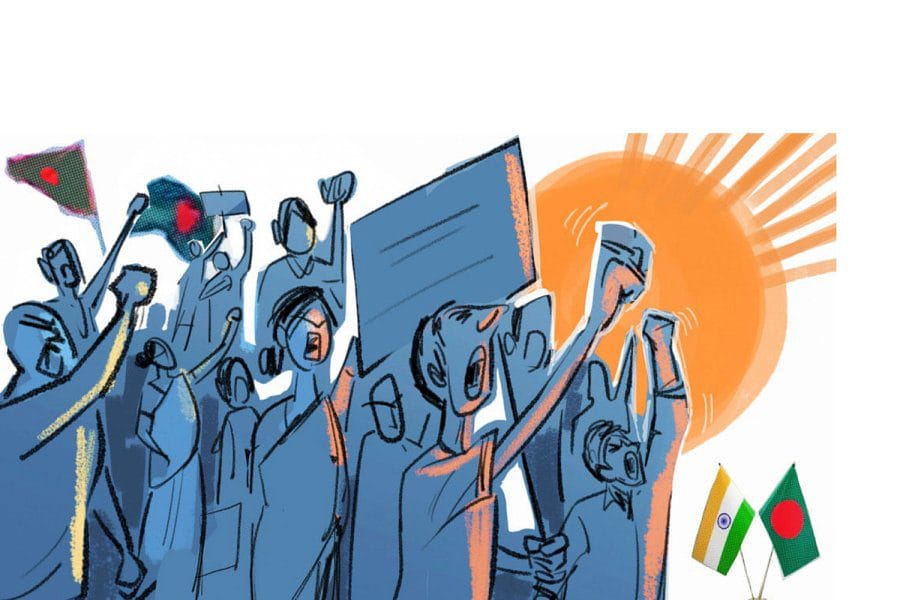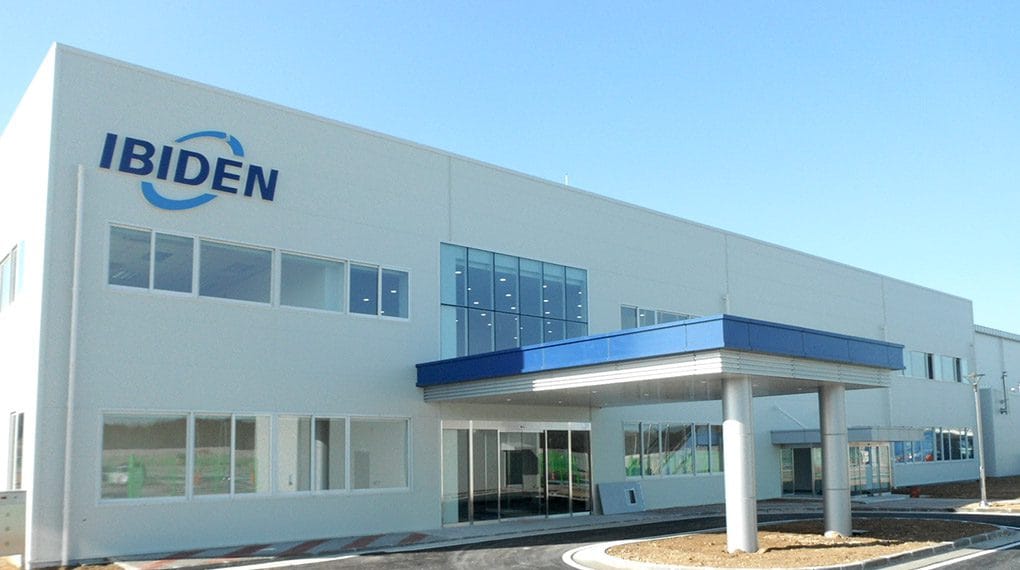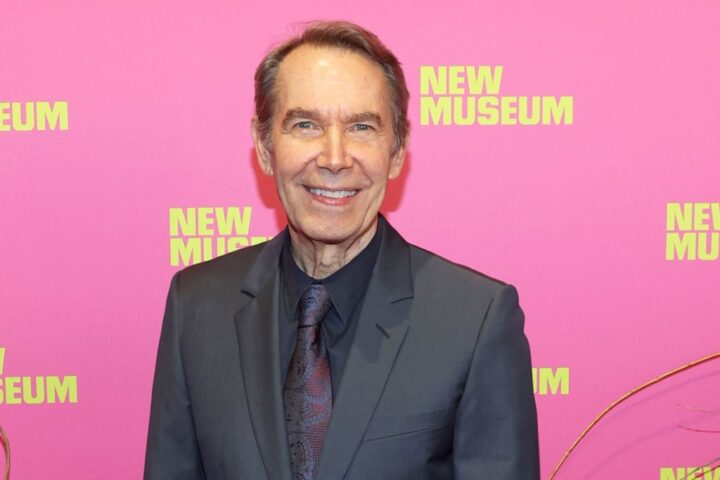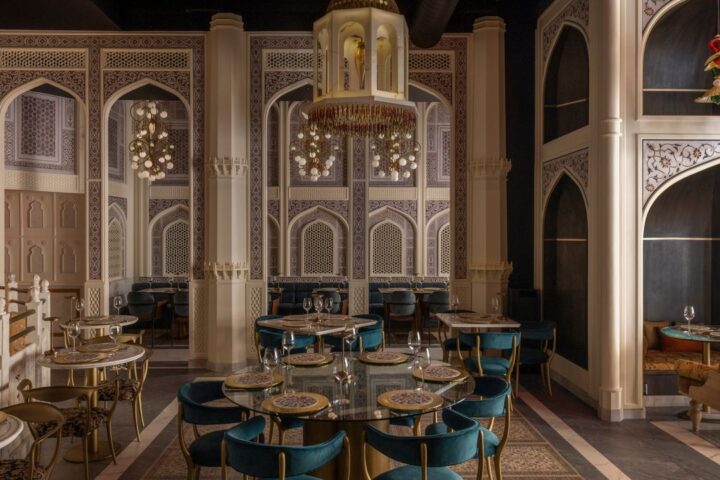Dhaka – We can congratulate ourselves on being named “Country of the Year” by The Economist for overthrowing a dictator. Without the role of students and teenagers, we most likely wouldn’t be able to stand our ground. So the recognition in The Economist is really a recognition of the power of the younger generation, or Generation Z, who can take the lead and reverse the country's regression, take back its sovereignty, and put the country back on the path to prosperity.
However, the magazine concludes with a warning, citing the bumpy road ahead, whether economic, political or diplomatic. The British Weekly commented that in 2025, “Bangladesh needs to repair its relationship with India and decide when to hold elections – first ensuring that the court remains neutral and that the opposition has time to organize.” It is indeed a difficult task.
Not surprisingly, our achievements have been met with ridicule from some quarters across the border, in our larger neighbor, where the media overproduces, distorts and concocts the news. They create chaos, fabricate stories of repression against minorities, and exaggerate sporadic incidents to exaggerate the truth. It is true that there have been incidents of harassment of minorities in Bangladesh, albeit isolated ones. The difference between what is happening in Bangladesh and the persecution of minorities in India is that in Bangladesh the persecution is perpetrated by individuals, whereas the persecution of Muslims in India is state-sponsored.
We have said many times that while it is one thing for a revolution to be successful, it is quite another to see the ultimate goal achieved, for which thousands of people were killed, maimed and disappeared. Few would disagree that the ultimate goal is to achieve an egalitarian society in which everyone is free to pursue their goals in an atmosphere of freedom and governed by the rule of law rather than the rule of men. With a mission of their own choosing, representatives of the people serve the people rather than command them. In short, we want a country with a truly republican character.
However, restoring our republic will not be easy. As was noted in the seminal stages of the post-revolutionary period, the path forward seemed extremely difficult. We are still in the throes of our infancy, trying to find our footing. We are working hard to remove this silt, which has accumulated in various areas over the past 15 years. It is said that the economic highway flaunted by Hasina's regime is actually a dirt road. The story of the economic miracle is just a myth. Data compiled by the Bangladesh Bureau of Statistics present a positive economic outlook. These are not my words but the words of the Economic Working Group in the Bangladesh Economic White Paper.
But there are hostile forces at home and abroad who are conducting carefully planned campaigns in certain areas and are desperate to restore the fallen tyrant. Various civil servants and cadres are agitating for their “causes”. On August 5, there seemed to be a sudden surge in demand from all walks of life, something that had never happened in the past 15 years.
It seems that there are still quite a few sympathizers within the government who are waiting for the opportunity to create chaos and paralyze the government. There is suspicion that the deep state is at work, providing a secondary push against the government. Otherwise, how to explain such a large number of Awami League members finding a way out? We saw another concrete manifestation of this in the Secretariat fire incident. Everything points to a well-planned sabotage campaign. This was not the last such act of vandalism. These warnings are a clear indication that hostile forces are at work.
The question is, how do we defend our revolution, the first one wasted by a tyrant who had no love for the people of Bengal and no duty to the country?
The only way to preserve our newfound freedoms is to put power where it belongs—in the hands of the people. This brings us to the crux of the matter, namely reforms and elections. By now our base has been weakened. The civil administration and judiciary, not to mention the security services, have been affected by Hasina's overtly politicized regime. Can we continue business as usual on a shaky foundation? Before further steps can be taken in this regard, the character of state institutions must be restored. This is possible if we have people with impeccable backgrounds and strong moral character running these institutions. But by the same token, laws must be enacted to ensure that state institutions are not compromised by the government of the day.
Can we also not hold accountable those responsible for serious human rights violations? There is more than one way to violate human rights. Will those who have siphoned off billions of dollars in wealth from the country be allowed to get away with it? These include Hasina, her family and her cronies in the business world. Who will be held responsible for the extrajudicial killings and killings of students in the recent uprising?
Can those who undermine democracy, deprive the people of their right to choose their representatives, and mock parliament and institutions continue to participate in future democratic activities without paying the price for their crimes?
Finally, we would like to make a brief comment on the above report of The Economist. The report said Bangladesh needs to repair relations with India. I want to emphasize that repairing relations with India is not done by Bangladesh; On the contrary, the opposite is true. Bangladesh has not taken any action to harm bilateral relations. India, on the other hand, not only provides asylum to those accused of serious human rights violations, corruption and other misconduct before the country’s courts; She was using Indian soil to plot against Bengal.
Since the dictator's fall and flight, Indian political leaders have made threatening statements against Bangladesh. Our foolishness was that, except once, we did not protest. Unfortunately, India failed to see the reality and respect the aspirations of the people of Bangladesh.
The most important thing at the moment is national unity, which is the first guarantee for our second victory.
Brigadier Shahedul Anam Khan, ndc, psc (retired) is the former deputy editor of The Daily Star.
The views expressed in this article are solely those of the author.
Post Can We Save Our Republic? appeared first on Asia News Network.















